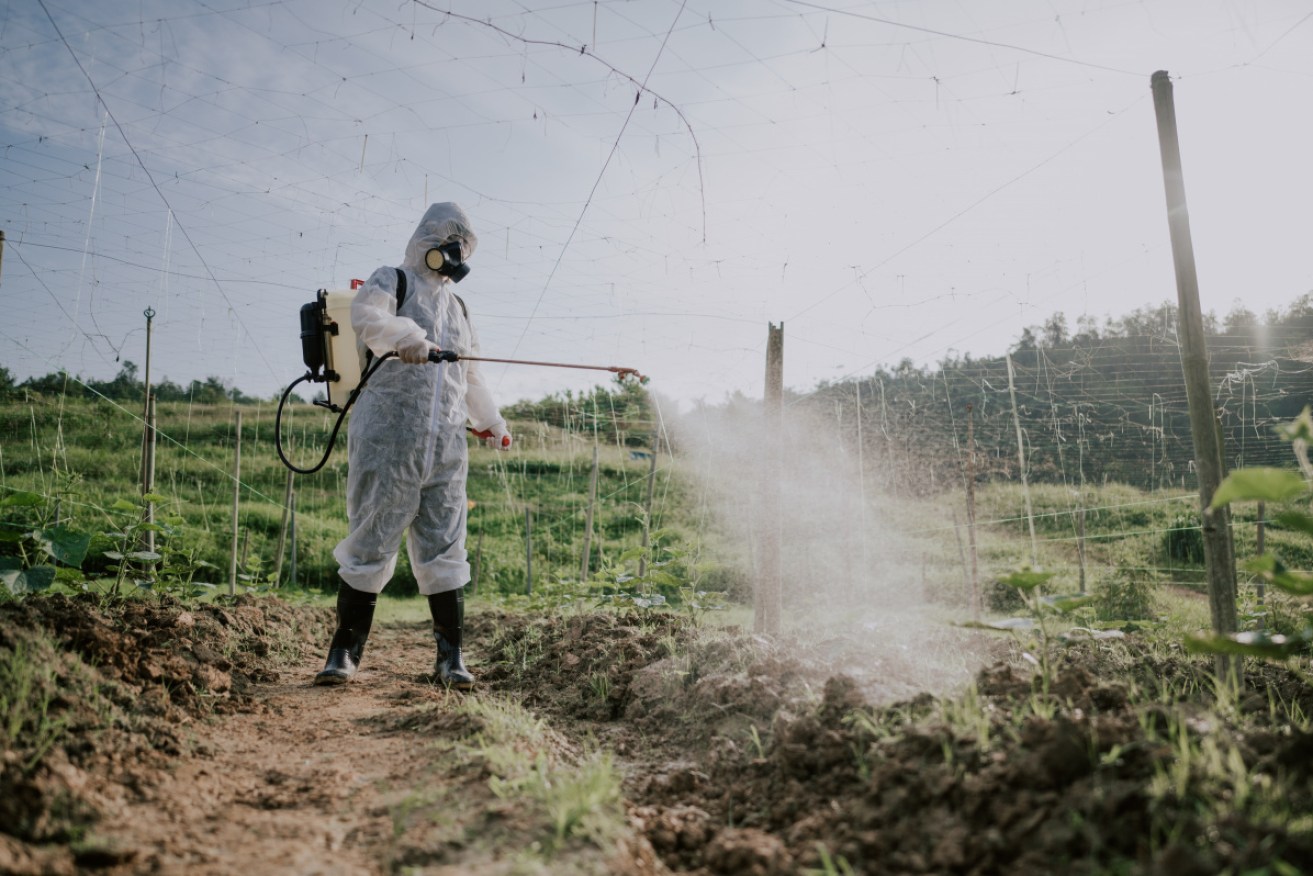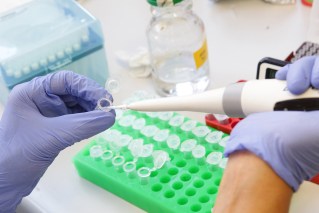How weed-killers are ‘accelerating’ the rise of antibiotic-resistant bacteria


Weeds are becoming resistant to weed-killer. So is bacteria. Photo: Getty
There is accumulating evidence that weed-killer could be making antibiotic medicines less effective – contributing to our slide towards a post-antibiotic world, where a cut on the finger is a potentially lethal event.
Many people believe the issue of microbial resistance to antibiotics is driven by GPs handing out penicillin and the like for every cough and sniffle. If we all cut back, things will be okay, right?
Not so simple.
As Jack Heinemann, Professor of Molecular Biology and Genetics at the University of Canterbury, advises: “The gradual death of effective antibiotics is happening in every environment where antibiotics are present.”
That means on “farms, in fields, in waterways and around industrial sites that manufacture antibiotics”.
In and 2015 and 2017, Dr Heinemann and colleagues published two papers – here and here – that suggested herbicides are “accelerants when it comes to the evolution of antibiotic resistance”.
Much of this work was done in the laboratory.
The findings are supported by new research from the University of York and Fujian Agriculture and Forestry University in China.
The researchers’ analysis of soil samples from agricultural fields in China tells a complicated, worrying story.
So what’s going on?
The first thing to know is that weeds – the sort that compete with crops for nutrients – are becoming resistant to herbicides.
According to Western Australia’s Department of Primary Industries and Regional Development, there are now 25 Australian weeds that are resistant to weed-killers used on farms.
“Resistant weeds can often survive application of herbicide at rates that are much greater than the recommended rate,” says the department’s website.
When plants are sprayed, though, plenty of weed-killer gets into the soil – where there is an array of bacteria vital for healthy soil ecology.
This is where a funny thing happens. Soil bacteria, like plants, are becoming resistant to weed-killer – and the bugs that are most resistant were found to carry a genetic mutation that also makes them resistant to antibiotics
In fact, instead of being killed off, these mutant bacteria actually thrive.
As the UK and Chinese researchers describe it: herbicides “increased the relative abundance of bacterial species that carried antibiotic resistance genes”.
They also found that herbicide exposure “led to more frequent movement of antibiotic resistance genes between bacteria”.
“Our results suggest that the use of herbicides could indirectly drive antibiotic resistance evolution in agricultural soil microbiomes, which are repeatedly exposed to herbicides during weed control,” said Dr Ville Friman, from the University of York’s Department of Biology, in a prepared statement.
Routine eco-poisoning risk assessments “do not consider evolutionary consequences of prolonged chemical application at the level of microbial communities,” Dr Friman said.
In other words, there’s a big picture – one that’s important but, overall, neglected.








